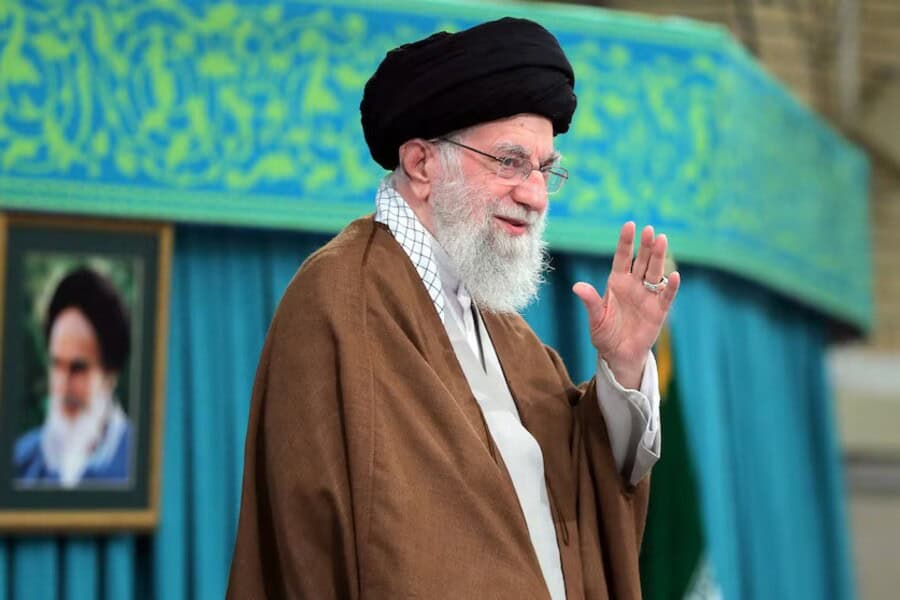Israel has intensified its military operations in Gaza and Lebanon, targeting Hamas and Hezbollah networks amid heightened regional tensions. Following the death of Hamas leader Yahya Sinwar in Gaza, Israel’s focus has shifted toward Hezbollah’s financial infrastructure in Lebanon, marking a new phase in the ongoing conflict.
On Sunday, the Israel Defense Forces (IDF) announced airstrikes aimed at Hezbollah’s financial operations, specifically targeting al-Qard al-Hassan, a financial unit linked to the Iran-backed militant group. Explosions were reported in Beirut’s southern suburbs shortly after the announcement, with Israel signaling plans for a broader assault on financial assets across Lebanon.
A senior Israeli intelligence official stated, “We will target al-Qard al-Hassan all over Lebanon,” emphasizing that the strikes aim to disrupt the financial activities that help fund Hezbollah operatives and facilitate arms procurement. The IDF’s approach marks a strategic shift, aiming to cripple Hezbollah’s economic network as part of its broader military campaign.
The strikes prompted evacuation warnings across multiple regions, including southern Beirut, the eastern Bekaa Valley, and parts of southern Lebanon. Despite the strikes, Beirut’s only airport continued to operate, although reports indicated heightened security and disruptions in some areas.
Eyewitnesses reported seeing several explosions in Hezbollah-controlled suburbs of Beirut. AP footage showed airstrikes near Lebanon’s Rafic Hariri International Airport, raising concerns about potential disruptions to air travel and civilian safety. The IDF confirmed that the attacks were part of a broader effort to weaken Hezbollah’s ability to sustain its military capabilities.
In Gaza, Israeli forces have continued their offensive, following the killing of Yahya Sinwar, a key figure linked to the Hamas attack on Israel on October 7, 2023. Sinwar was reportedly killed in a firefight with Israeli troops, marking a significant blow to Hamas leadership. His death has led to increased military activity in Gaza, with Israeli forces ramping up both air and ground assaults.
The conflict has also escalated tensions between Israel and Iran, following a recent ballistic missile attack by Tehran. Israel is currently evaluating its response, with military officials warning that further provocations could lead to a broader regional confrontation. While no direct strikes on Iran have been reported, the situation remains volatile, with diplomatic efforts to de-escalate seemingly stalled.
The latest developments have drawn international concern, with calls for restraint and dialogue to prevent further escalation. The United Nations has urged all parties to avoid actions that could lead to a full-scale regional conflict. However, Israel maintains that its strikes are a necessary response to protect its national security interests and disrupt the funding channels of militant groups threatening its borders.
Analysts suggest that the targeted strikes on Hezbollah’s financial assets could mark a strategic shift in Israel’s approach, focusing on economic disruption to weaken the group’s operational capacity. “By targeting financial networks, Israel is aiming to cut off the lifeline that allows these organizations to function,” said a Middle East analyst.
As Israel continues its campaigns in Gaza and Lebanon, the region remains on high alert. The coming days are likely to see increased military activity as both sides brace for further escalations. While Israel’s strikes have predominantly focused on militant infrastructure, the risk of civilian casualties and broader economic disruption remains a concern.
The situation remains fluid, and international observers are closely monitoring developments. For now, Israel’s message is clear: it will continue to target the network’s funding and supporting militant activities, regardless of their location.
